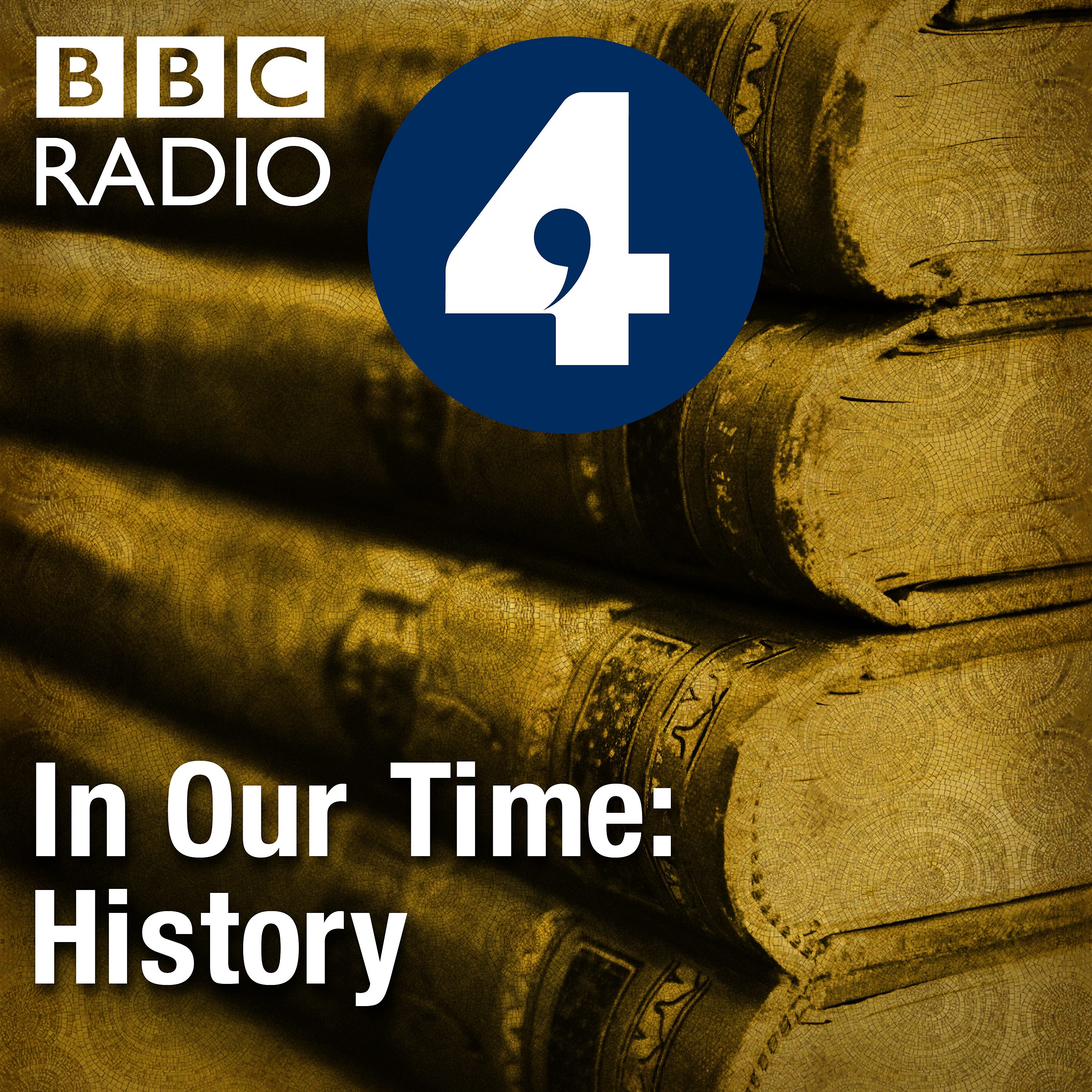The Irish Rebellion of 1798
Description
Melvyn Bragg and guests discuss the momentum behind rebellion in Ireland in 1798, the people behind the rebellion and the impact over the next few years and after. Amid wider unrest, the United Irishmen set the rebellion on its way, inspired by the French and American revolutionaries and their pursuit of liberty. When it broke out in May the United Irishmen had an estimated two hundred thousand members, Catholic and Protestant, and the prospect of a French invasion fleet to back them. Crucially for the prospects of success, some of those members were British spies who exposed the plans and the military were largely ready - though not in Wexford where the scale of rebellion was much greater. The fighting was initially fierce and brutal and marked with sectarianism but had largely been suppressed by the time the French arrived in August to declare a short-lived republic. The consequences of the rebellion were to be far reaching, not least in the passing of Acts of Union in 1800.
The image above is of Theobald Wolfe Tone (1763 - 1798), prominent member of the United Irishmen
With
Ian McBride
Foster Professor of Irish History at Hertford College, University of Oxford
Catriona Kennedy
Senior Lecturer in Modern History at the University of York
And
Liam Chambers
Head of Department and Senior Lecturer in History at Mary Immaculate College, Limerick
Producer: Simon Tillotson
More Episodes
Published 10/31/24
Melvyn Bragg and guests discuss the notorious attack of 4th of May 1886 at a workers rally in Chicago when somebody threw a bomb that killed a policeman, Mathias J. Degan. The chaotic shooting that followed left more people dead and sent shockwaves across America and Europe. This was in...
Published 10/31/24
Melvyn Bragg and guests discuss one of the major figures in Victorian British politics. Disraeli (1804 -1881) served both as Prime Minister twice and, for long periods, as leader of the opposition. Born a Jew, he was only permitted to enter Parliament as his father had him baptised into the...
Published 10/17/24


